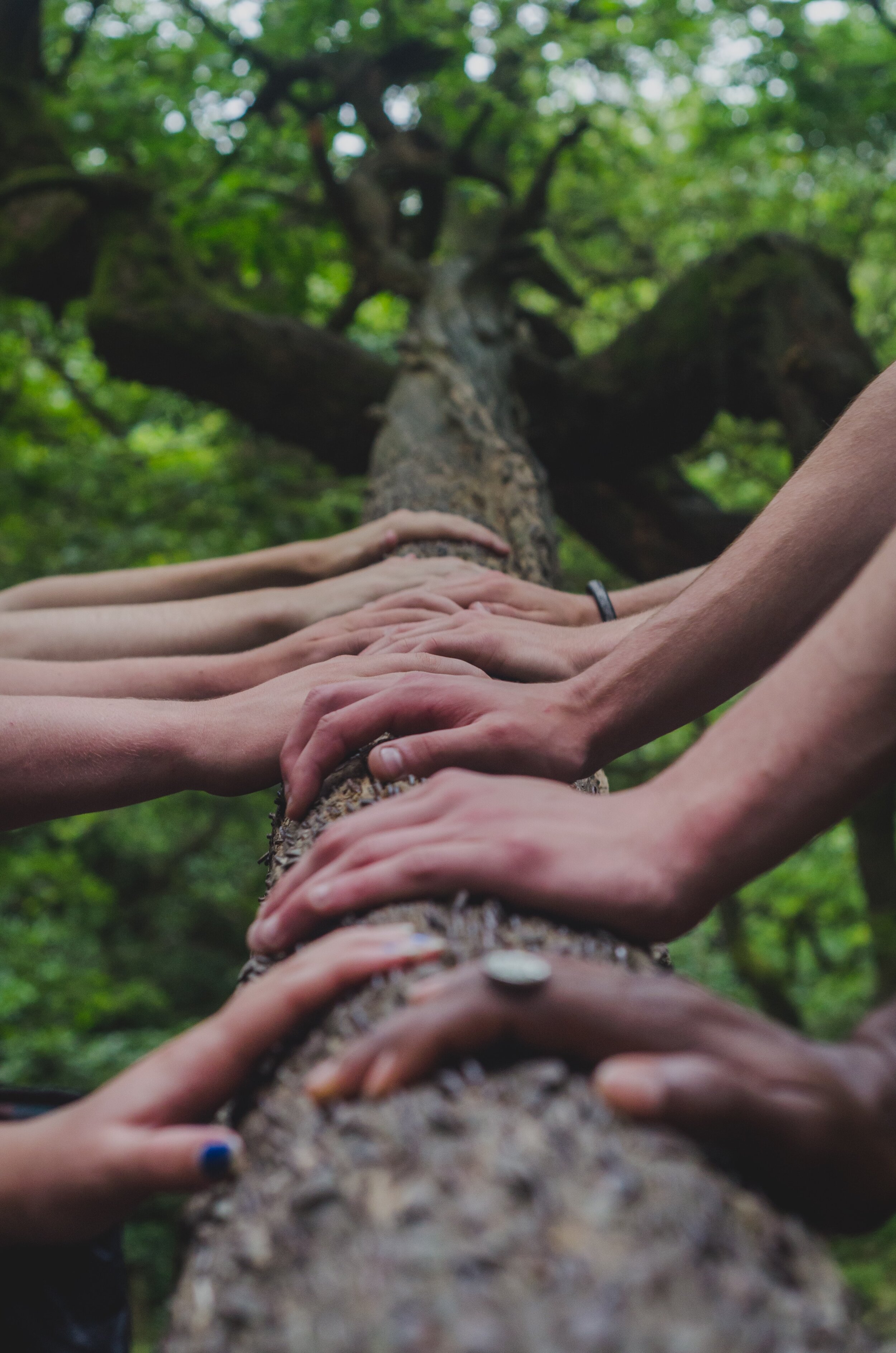New Nature Writing + the Importance of Connection
To explore and learn more about nature writing - “writing that honours the connection between the natural world and human experience, that understands them as part of a whole, that reckons with the complex forces of place and landscape in human lives” - necessitates a consideration of our own relationship with nature. For some, nature is ‘out there’, something Other than ourselves, something to be viewed from afar, tamed, even controlled. For others, we are not apart from nature, but a part of it, shaped and formed by it, influenced and guided by it on both a conscious and subconscious level.
According to activist and writer Satish Kumar, “If we can have a holistic view of soil, soul and society, if we can understand the interdependence of all living beings, and understand that all living creatures – from trees to worms to humans – depend on each other, then we can live in harmony with ourselves, with other people and with nature.” It is this approach than many new nature writers adopt, but in the evolution of nature writing, it is rare that this type of relationship with the natural world can be identified, and it is our changing perception of the world that has greatly impacted this genre of writing, resulting in what is now often referred to as new nature writing.
In Granta magazine, Jason Cowley suggests that new nature writers “share a sense that we are devouring our world, that there is simply no longer any natural landscape or ecosystem that is unchanged by humans. But they don’t simply want to walk into the wild, to rhapsodize and commune: they aspire to see with a scientific eye and write with literary effect.” As a result, work is written in first person - the writer must be present in the story - and are often focused on local or parochial landscapes. We are beginning, finally, to enter into a different relationship with nature - that we are part of nature, that yes, we can view the natural world through a microscope and discover fascinating things, but that we must also understand we are a part of this cycle: what we see has an impact on humanity, and humanity has an impact on what we see.
Writer Lydia Peele offers this insightful viewpoint to close: “The new nature writing... rather than being pastoral or descriptive or simply a natural history essay, has got to be couched in stories... where we as humans are present. Not only as observers, but as intrinsic elements... we’ve got to reconnect ourselves to our environment and fellow species in every way we can, every change we have... it is our great challenge in the twenty-first century to remake the connection. I think our lives depend on it.”

